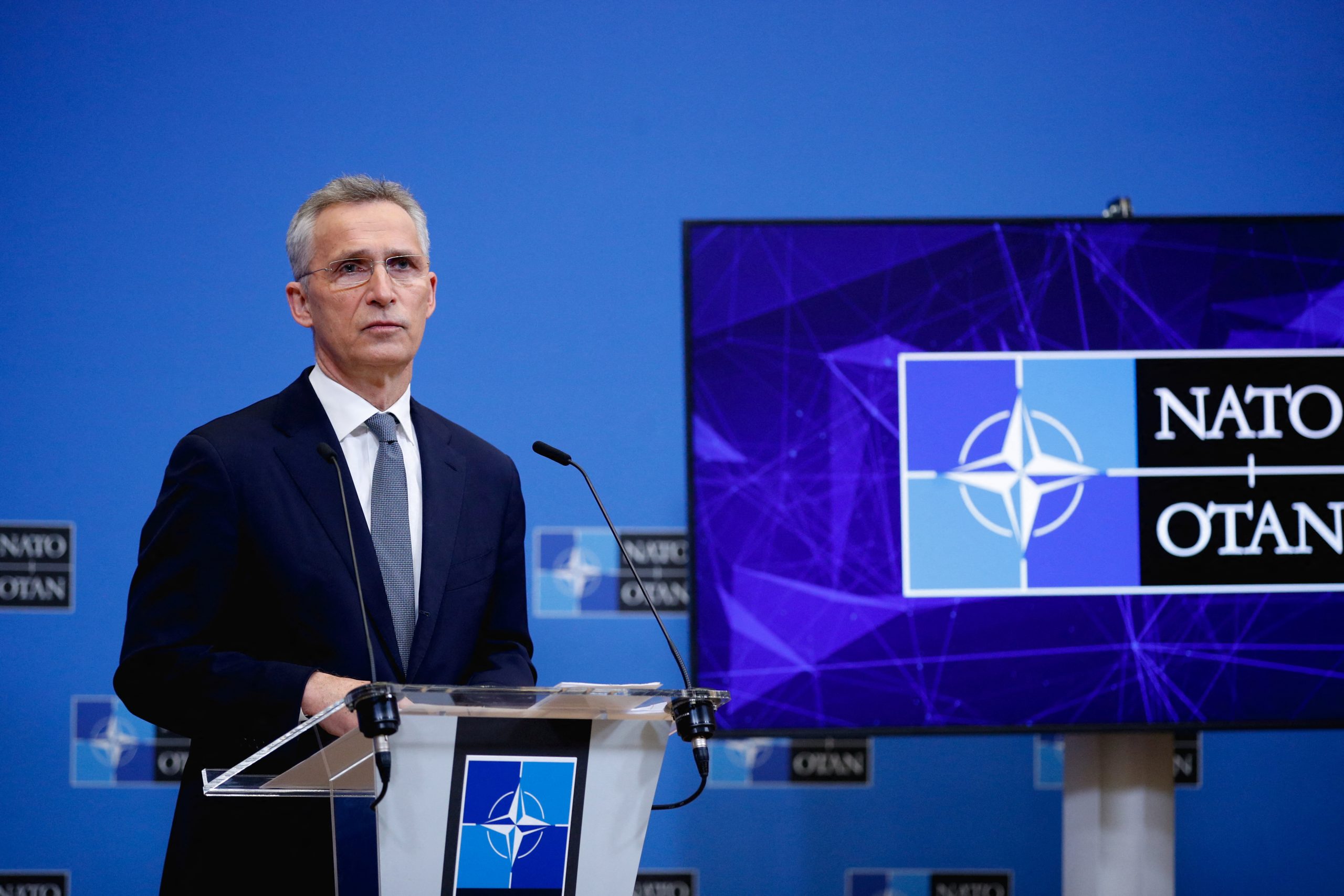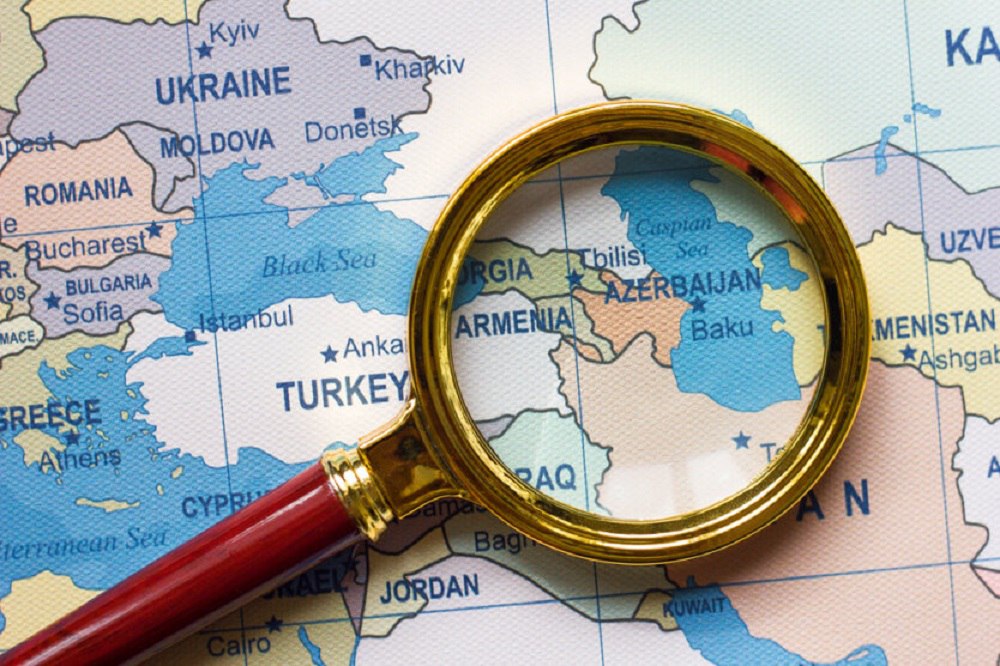South Caucasus "Brussels conspiracy" and Azerbaijan-Turkey tandem: A view from Baku
Azerbaijani experts on Brussels meeting
Today, on April 5th, in Brussels, a trilateral meeting is scheduled to take place with the participation of the US secretary of state, the high representative of the EU, and the prime minister of Armenia. On the eve of the summit, US secretary of state Antony Blinken called president of Azerbaijan Ilham Aliyev and assured the Azerbaijani side that the meeting is not directed against any third country. Aliyev, in turn, stated that such an exclusive meeting would contribute to increased tension in the region.
“Western unilateral, Armenia-centric actions push the region into the abyss of instability and heightened tension,” believe experts at the Azerbaijan Center for South Caucasus studies.
- Azerbaijani courts reject political prisoners’ petitions
- Labor migration from Armenia to Russia: Causes and consequences
- “Here comes a fight ahead!” – Georgia’s opposition reacts to reintroduction of “foreign agents” law
The South Caucasus Studies Center (CSSC) has published an analytical piece dedicated to the upcoming trilateral meeting in Brussels and its potential consequences.
Delayed reaction
“The West’s reaction is belated, and the secretary of state’s assertions that the ‘Brussels conspiracy’ is not directed against Azerbaijan are not credible.
Armenia does not show any signs of withdrawing its territorial claims against Azerbaijan in its legislation, closing the representation of separatist entities on its territory, or releasing border villages…
In these circumstances, providing unprecedented support to a country that held Azerbaijani territory under occupation for 25 years and, after 2020, demonstrated unwillingness to accept reality, actively obstructing the reintegration of Karabakh into Azerbaijan, cannot be viewed calmly in Baku.”
Azerbaijan’s position
“President Ilham Aliyev has clearly and unequivocally expressed Azerbaijan’s position, diagnosing the ‘Brussels conspiracy’: ‘In president Ilham Aliyev’s opinion, the opaque preparation of the planned trilateral meeting scheduled for April 5 involving the US-European Union-Armenia, its non-inclusive nature, and its failure to be postponed despite Azerbaijan’s fair objections will not lead to peace and cooperation in the South Caucasus, but to the emergence of dividing lines and ultimately, tension.’
Thus, the West, through its unilateral, Armenia-centric actions, is pushing the region into a vortex of instability and heightened tension.”
Role of Turkey in the process
“It is clear that after the announcement of the total amount of aid pledged to Armenia on April 5, the West will seek to ensure broader physical access to Armenia. This can only be achieved through the opening of the border between Armenia and Turkey.
It can be confidently stated that such proposals are already being made to official Ankara, and after April 5, pressure on Ankara will only increase. The West has already attempted this trick in 2009 through full support for the Zurich Protocols. However, the principled positions of President Ilham Aliyev and President Recep Tayyip Erdoğan have put an end to this process. The West will now seek to separate these processes, which should proceed in parallel.
Closed borders with Turkey and ignoring Armenia in regional projects are the only sanctions Azerbaijan has implemented against the aggressor country. And these sanctions will continue until the set goals are achieved.”
What steps Ankara will take?
“For Turkey, it’s more important to consider Azerbaijan’s opinion than to agree under pressure from the West to open the Armenian-Turkish border without a peace agreement between Azerbaijan and Armenia.
The president of Turkey has repeatedly stated that ‘peace is greater than five!’ and has dedicated his entire political life to proving this statement. In 2020, Azerbaijan and Turkey together proved that ‘peace is greater than five!’ and should not succumb to external pressure.
Moreover, the world will not understand if, after such close alliance, Turkey’s leadership decides to take such a step without considering Azerbaijan’s opinion…”
Possible consequences
“The pressure from the West in the region is increasing, mobilizing regional forces that will react to such ruthless behavior. The ‘Brussels Conspiracy’ may jeopardize all efforts to restore peace and stability in the South Caucasus.
However, there is a way out of this situation, namely by considering the fair demands and interests of Azerbaijan. The West has all the opportunities for this; let’s see if the West will seize these opportunities…
The principled position of Azerbaijan and Turkey can only contribute to transforming Western initiatives in the region from destructive to constructive channels.”
Azerbaijani experts on Brussels meeting




















